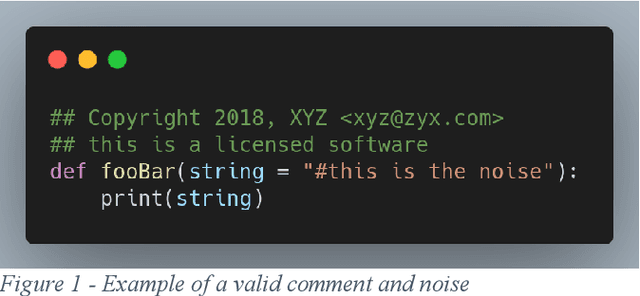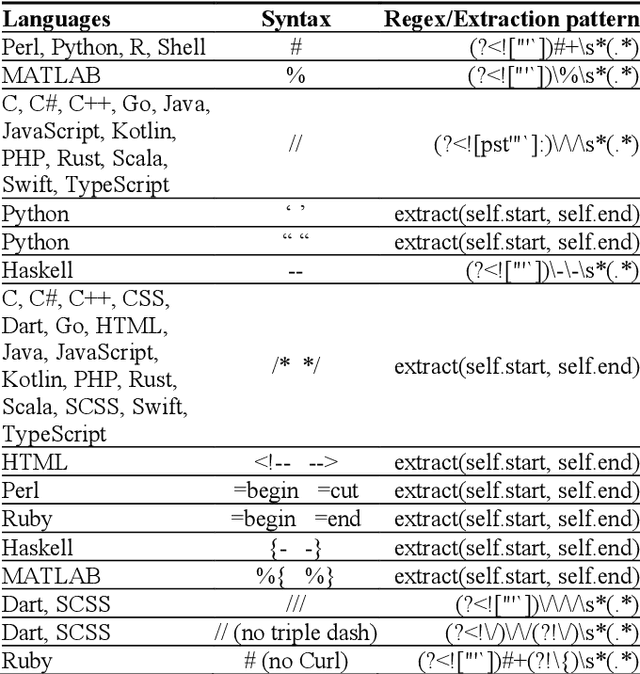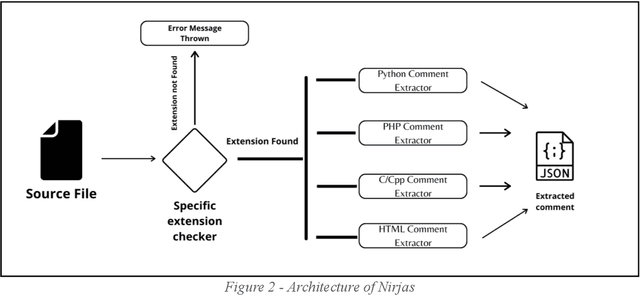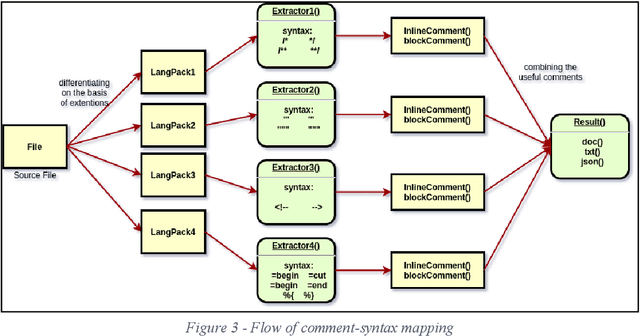Sahil
Architecting Digital Twins for Intelligent Transportation Systems
Feb 24, 2025



Abstract:Modern transportation systems face growing challenges in managing traffic flow, ensuring safety, and maintaining operational efficiency amid dynamic traffic patterns. Addressing these challenges requires intelligent solutions capable of real-time monitoring, predictive analytics, and adaptive control. This paper proposes an architecture for DigIT, a Digital Twin (DT) platform for Intelligent Transportation Systems (ITS), designed to overcome the limitations of existing frameworks by offering a modular and scalable solution for traffic management. Built on a Domain Concept Model (DCM), the architecture systematically models key ITS components enabling seamless integration of predictive modeling and simulations. The architecture leverages machine learning models to forecast traffic patterns based on historical and real-time data. To adapt to evolving traffic patterns, the architecture incorporates adaptive Machine Learning Operations (MLOps), automating the deployment and lifecycle management of predictive models. Evaluation results highlight the effectiveness of the architecture in delivering accurate predictions and computational efficiency.
Nirjas: An open source framework for extracting metadata from the source code
Sep 22, 2024



Abstract:Metadata and comments are critical elements of any software development process. In this paper, we explain how metadata and comments in source code can play an essential role in comprehending software. We introduce a Python-based open-source framework, Nirjas, which helps in extracting this metadata in a structured manner. Various syntaxes, types, and widely accepted conventions exist for adding comments in source files of different programming languages. Edge cases can create noise in extraction, for which we use Regex to accurately retrieve metadata. Non-Regex methods can give results but often miss accuracy and noise separation. Nirjas also separates different types of comments, source code, and provides details about those comments, such as line number, file name, language used, total SLOC, etc. Nirjas is a standalone Python framework/library and can be easily installed via source or pip (the Python package installer). Nirjas was initially created as part of a Google Summer of Code project and is currently developed and maintained under the FOSSology organization.
 Add to Chrome
Add to Chrome Add to Firefox
Add to Firefox Add to Edge
Add to Edge